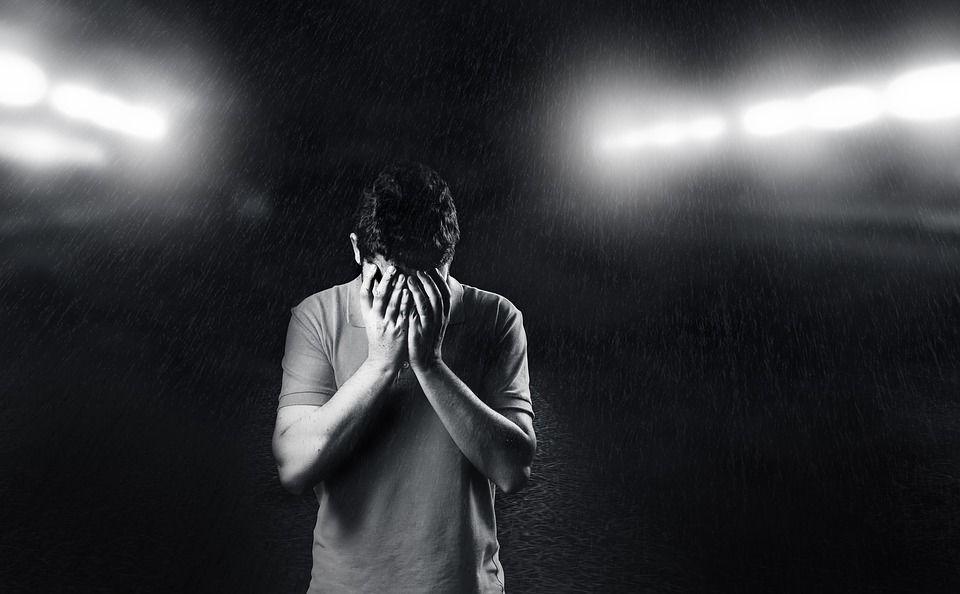According to the American Foundation for Suicide Prevention, men in the United States are 3.5 times more likely to die of suicide than women.
It is time we address this disturbing ratio and work to understand the complex reasoning behind this divide. Social stigma and lack of targeted resources toward men with mental illness and suicidal thoughts could be to blame.
Suicide prevention has made strides in recent years, but there have been few preventative measures taken to address male suicide specifically. When speaking about gender and suicide, there is rarely a distinction made between the two. The concept of different societal and cultural norms being placed upon men is rarely implicitly discussed.
Masculinity is traditionally equated with emotional detachment, while displays of deep emotion are often equated with femininity and weakness. A man who expresses emotion is subsequently labeled delicate and his sexuality is often questioned, although the two are unrelated. Research shows only 55 percent of men tell someone when they are experiencing symptoms of depression compared to 67 percent of women.
It can be difficult to seek help for suicidal thoughts when society chastises men who have them in the first place. Many men feel the need to trudge through hard times in solitude rather than outwardly express their difficulties. This behavior can worsen the symptoms of depression and anxiety disorders that can lead to suicidal tendencies.
Social pressure plays a primary role in the shaping of people’s perceptions about mental health and how it should be treated. The importance of societal pressure can be seen in the rates of suicide within American Indians, veterans and gay men. According to The Trevor Project these groups often perceive rejection and isolation from society and are statistically more likely to attempt suicide.
Seeking professional psychological help is far more stigmatized for males than it is for females. Women are less likely to feel embarrassed about seeking help, while men often feel as if they are failing when they reach out. This leads to a decrease in likelihood that men will utilize mental health resources, even when they are readily available.
The inability to decompress emotions can lead men to other methods of coping like alcoholism and drug use, an epidemic in its own. According to the National Institute on Drug Abuse, men are far more likely to become dependent on illicit drugs and alcohol than women. This correlation could be due to the fact that society doesn’t stress the importance of teaching men to deal with emotions in a healthy way.
Undiagnosed and untreated mental illness are often causes of suicidal tendencies. Because many men feel as though they should not seek psychological help, they are never diagnosed or treated, further perpetuating this vicious cycle.
Men’s mental health is as much a social societal issue as it is a health issue. Pursuing psychological help should be no more stigmatized than someone seeking medical attention for a broken bone. We must actively push against the antiquated and stereotypical idea that men should not express emotion or seek help in coping with them.
Hannah Kleinpeter is a 20-year-old mass communication junior from Baton Rouge, Louisiana.
Opinion: Silent epidemic in men’s mental health leads to higher rates of suicide
September 7, 2017





